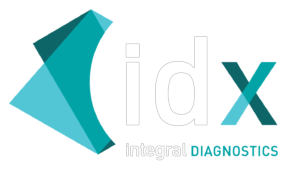When you attend your appointment at Astra Radiology you will be asked to answer a few safety questions. If you would rather not get changed, wear clothing and underwear without any metal present to your appointment.
The technologist will explain the scanning procedure. The radioactive tracer will then be injected into an arm vein. In some instances, imaging starts immediately, and you may breathe normally but must try not to move. Initial imaging takes 20 to 30 minutes.
Some procedures are two-part, or multi part test, requiring delayed scanning. This will be discussed with you at the time of booking your Nuclear Medicine scan.
The gamma camera is a large square radiation detector which sits close to the area being examined. In some procedures, it rotates around the body while acquiring images. You will experience no unusual sensations or discomfort from the scanning process.

